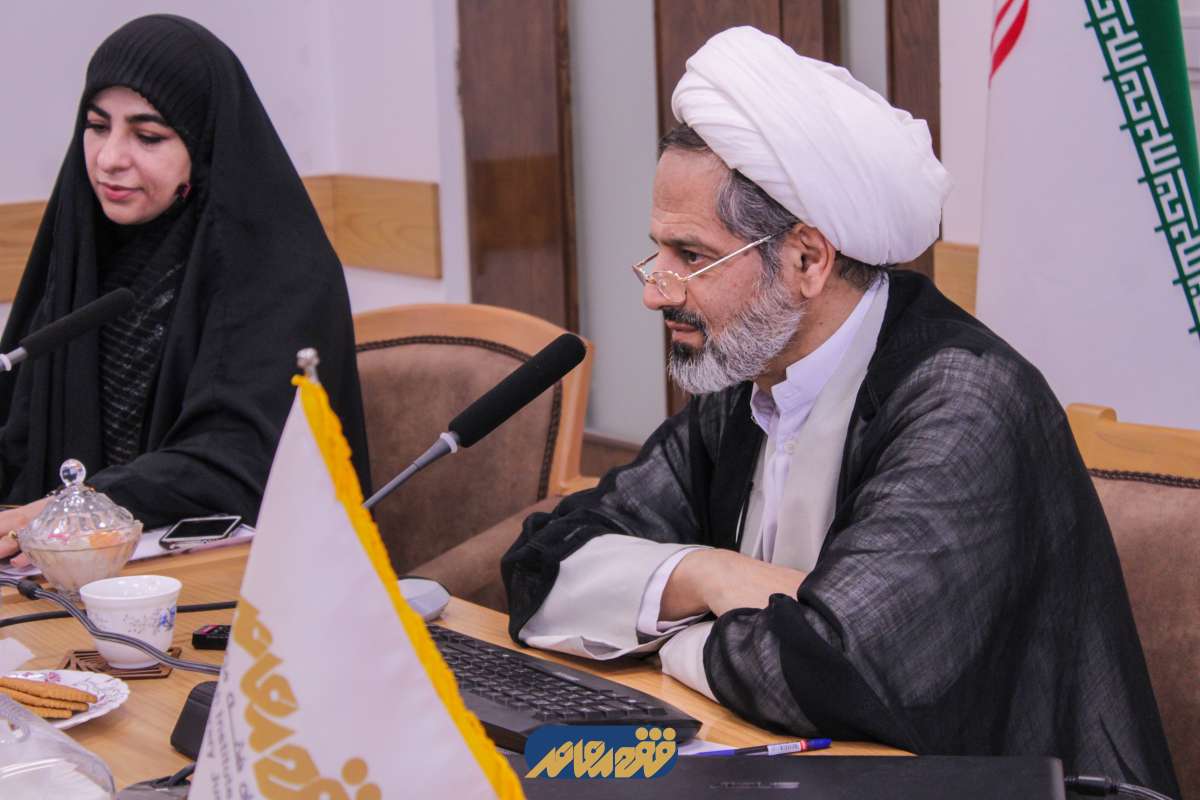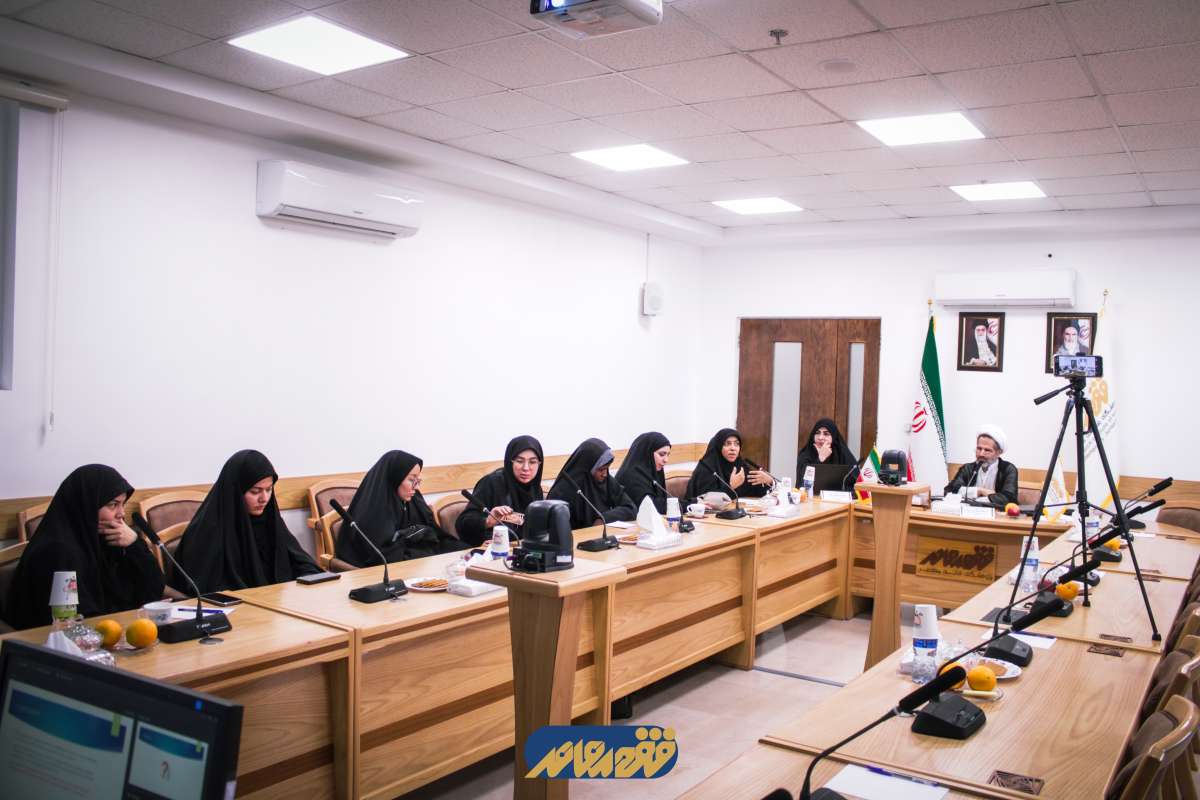
The scientific meeting “Historical Criticism and Its Impact on the Legal Context of the Qur’an: A Critique” was held at the Institute of Contemporary Jurisprudence Studies. in this meeting, Hojjat-ul-Islam Dr. Peysepar discussed the issue with a Historical and critical approach.
The historical-critical approach to studying the Qur’an involves analyzing the text from a historical and scholarly perspective. Though the approach can provide valuable insights into the historical context of the Qur’an, it will have a potential negative impact on the understanding of the Qur’an’s legal context.
The Holy Qur’an has been the legal source of the Islamic jurisprudence (Fiqh) for centuries. However, the historical-critical approach challenges the fact for several reasons.
First, the approach often focuses on analyzing the Qur’an as a historical and literary document and overlooks the rich legal authenticity of the Qur’an as well as the accumulated wisdom of Islamic legal scholars.
Second, the approach tends to reduce the Qur’an to a purely human-produced text, disregarding its religious and spiritual dimensions. This view overlooks the belief that the Qur’an is considered by Muslims to be the divine revelation and a comprehensive legal and spiritual guide for both personal and communal life. In other word, ignoring the role of faith and revelation in the approach will reject that the legal context of the Qur’an as it is rooted in divine guidance and revelation.
Third, the historical-critical approach sometimes challenges traditional interpretations of the Qur’an, including legal rulings and principles derived from the text.
To sum, undermining traditional interpretations and authenticity in historical-critical approach to studying the Qur’an can create confusion and disrupt the continuity of legal thought within Islamic jurisprudence.

